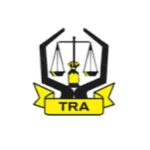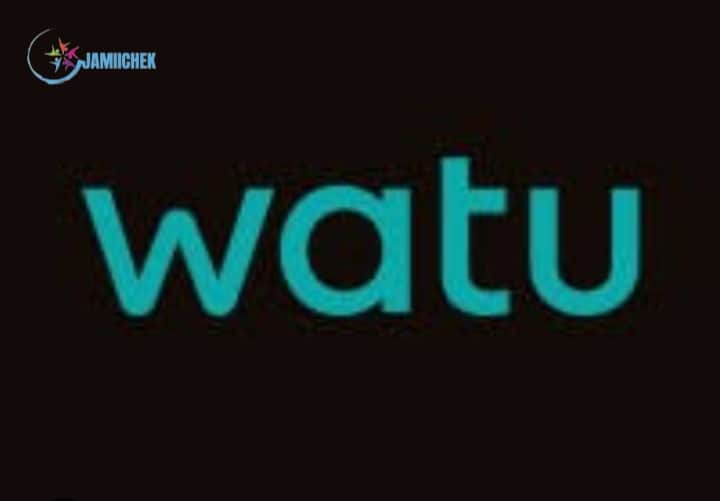
TRA
TRA Risk Officer II: 27+ Q&A for Interview Preparation
Are you preparing for an interview for the Risk Officer II position at the Tanzania Revenue Authority (TRA)? This role is crucial for identifying tax noncompliance risks and conducting business intelligence analysis to support the government’s revenue collection.
To help you succeed, here are 25+ common interview questions and answers tailored to this role.
1. Can you tell us about yourself?
Answer: I hold a Bachelor’s Degree in Risk Management and have experience in analyzing financial systems, identifying risks, and reporting insights to support compliance. My skills in data analysis, risk assessment, and reporting in both English and Swahili align well with the responsibilities of a Risk Officer II at TRA.
2. Why do you want to work for the Tanzania Revenue Authority?
Answer: TRA plays a vital role in ensuring fair and efficient tax collection for Tanzania’s development. I want to contribute to its mission by identifying tax noncompliance risks and enhancing compliance strategies to support national revenue goals.
3. What do you understand by the role of a Risk Officer II?
Answer: The Risk Officer II is responsible for analyzing tax noncompliance risks, using business intelligence tools to detect patterns, preparing risk reports, and recommending strategies to improve tax compliance.
4. How would you identify tax noncompliance risks?
Answer: I would analyze taxpayer data, financial transactions, industry trends, and audit reports to detect irregularities such as underreported income, delayed filings, or unusual expense claims.
5. What is business intelligence analysis in the context of this role?
Answer: Business intelligence analysis involves collecting and analyzing financial and taxpayer data to detect trends in tax evasion and noncompliance, helping TRA make data-driven decisions.
6. What skills do you bring to this position?
Answer: I have strong analytical and problem-solving skills, proficiency in data analysis tools, attention to detail, and bilingual communication skills (English and Swahili) to support TRA’s risk assessment initiatives.
7. How do you handle large datasets?
Answer: I use tools like Excel, SQL, and business intelligence software to clean, sort, and analyze large datasets, ensuring accurate risk assessments.
8. Can you give an example of a risk you’ve identified in the past?
Answer: In a university project, I analyzed financial records of small businesses and detected a pattern of underreported transactions, leading to recommendations for improved audit measures.
9. How do you ensure your reports are clear and actionable?
Answer: I structure my reports with a summary, detailed findings, key insights, and recommendations, using charts and visual aids to improve clarity.
10. What motivates you to work in risk management?
Answer: I enjoy solving complex problems and uncovering hidden risks that impact financial systems. Helping TRA enhance tax compliance and improve revenue collection motivates me.
11. How do you stay updated on tax laws and regulations?
Answer: I regularly review TRA publications, government tax updates, and financial news, and I attend training sessions and webinars related to taxation and risk management.
12. How would you prioritize risks in your analysis?
Answer: I prioritize risks based on likelihood and impact—addressing high-risk, high-impact tax noncompliance issues first to protect revenue collection.
13. What tools do you use for data analysis?
Answer: I’m proficient in Excel, SQL, Tableau, Power BI, and SPSS, which help me process, analyze, and visualize data for risk assessment.
14. How do you handle tight deadlines for report preparation?
Answer: I break tasks into stages—data collection, analysis, report writing, and final review—ensuring I meet deadlines without compromising accuracy.
15. Why is tax compliance important for Tanzania?
Answer: Tax compliance ensures stable government revenue for funding public services such as education, healthcare, and infrastructure, contributing to Tanzania’s growth.
16. How would you collaborate with other TRA departments?
Answer: I would share risk assessment insights with audit and enforcement teams, providing data-driven recommendations for compliance improvement.
17. What challenges do you foresee in this role?
Answer: Identifying subtle tax evasion patterns can be challenging, but I would address this by refining my analytical approach, leveraging new data sources, and collaborating with experts.
18. How do you ensure confidentiality in your work?
Answer: I follow TRA’s data protection policies, restrict access to sensitive information, and use secure systems for handling taxpayer data.
19. Can you explain a time you worked in a team?
Answer: During a university project, I worked with a team to analyze economic data, divide tasks, and compile a risk report, which improved my teamwork and communication skills.
20. How do you handle stress in a high-pressure role?
Answer: I stay organized, set priorities, and focus on key tasks, ensuring I meet deadlines without compromising quality.
21. What’s your approach to learning new systems or software?
Answer: I explore tutorials, practice hands-on, and seek guidance from experienced colleagues to quickly adapt to new systems.
22. How would you detect intentional tax evasion?
Answer: I would look for red flags such as:
- Repeated late filings
- Discrepancies between reported income and business transactions
- Sudden changes in tax declarations
- Unusual expense claims
23. What’s the most important quality for a Risk Officer II?
Answer: Analytical thinking—the ability to interpret financial data, identify risks, and provide actionable recommendations.
24. How do you communicate complex findings to non-experts?
Answer: I simplify technical terms, use clear examples, and incorporate visual aids like charts and graphs to ensure understanding.
25. What would you do if you found a major noncompliance issue?
Answer: I would document the issue thoroughly, assess its scope, and report it to my supervisor with recommended corrective actions.
26. How does your degree prepare you for this role?
Answer: My Risk Management degree provided me with knowledge in financial risk analysis, fraud detection, and compliance assessment, which are crucial for TRA.
27. What’s your long-term goal at TRA?
Answer: I aim to grow into a senior risk management role, contributing to advanced risk strategies and policy recommendations for TRA.
Final Thoughts
To excel in the Risk Officer II interview at TRA, emphasize your data analysis, problem-solving, and compliance knowledge. Use these Q&As to refine your responses and boost your confidence.
More Posts
- TRA Administrative Officer II: 25+ Q&A for Interview Prep
- Statistician II at TRA: 29 Interview Q&A Guide for Applicants
🚀 Good luck with your interview!




